Affordable and Clean Energy

SDG 7 -Energiya Global – Fields of Energy
Describing himself on Twitter, CEO of Energiya Global Yosef Abramowitz says, “You will find me where the dark forces of oil & coal dominate a nation’s energy, I build solar industries and fields.” Quite a remarkable statement, yet, backed up by the empire of clean energy he has built since 2006.
The UN, in their explanation of Goal Seven explains, ‘energy is the dominant contributor to climate change, accounting for around 60% of total global greenhouse gas emissions.’ Furthermore, it’s estimated that within the next quarter century there will be a depletion of non-renewable energy adding to the current imbalance of carbon. This imbalance raises climate temperatures at a rate which living organisms are unable to survive. The solution, renewable and solar powered energy! Being a sun-reliant innovation, one would think that Israel would be at the forefront of solar power development. Yet, in 2006 Yosef Abramowitz was shocked to realise that Israel had next to no domestic solar power.
After his eureka moment, Abramowitz created the Arava Power Company, together with partners Ed Hofland and David Rosenblatt. The first commercial solar field in Israel and the Middle East this solar field covers an area of 20 acres hosting 18,500 solar panels, producing 9 million kilowatts hours per year with an installation power of 4.95MW. To put that in perspective, reports suggest for every 5MW solar farm installed it can produce electricity for up to 1,515 homes.
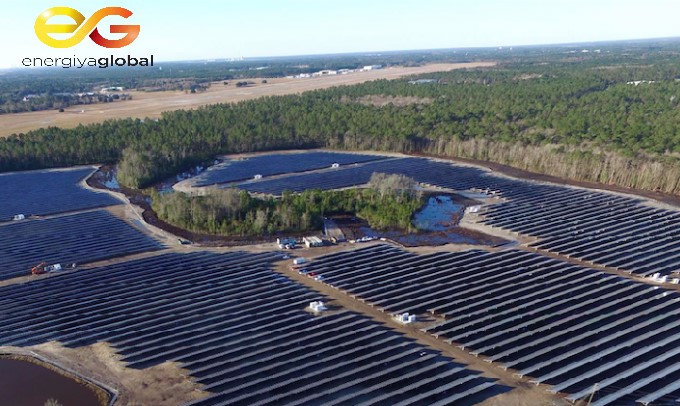

After the initial success of Arava Power Abramowitz went on to establish ‘Energiya’ which gained interest straight away receiving inquiries from 50 different developing countries. Energiya recognised the tremendous abilities of these countries acting fast and making headlines in 2014 when they secured $23 million in financing and $710,000 in grants for an 8.5-megawatt solar energy plat in Rwanda. Not just any place in Rwanda, a youth village hosting 500 teens recovering from the 1994 genocide.
There is no doubt that Abramowitz’s moral conscious and social activism is the driving force for Energiya’s entrance to the developing countries. As a former teacher Abramowitz told ‘Urban Disrupt,’ “the point of education is not just learning for the sake of learning, but for the sake of doing.” The CEO explains that 85% of Africa has no power and the 15% who do, use dirty and expensive diesel, with these statistics it he felt it was is duty to do.
Leading Energiya further into Developing worlds, in 2018 Abramowitz and partners joined with Giawatt Global to construct up to 10 solar power plants with a capacity of 10MW each at several university campuses in Ethiopia. To those uneducated in the ways of Energiya, University Campuses and Youth villages seem a strange place to start these solar plants. Yet a deeper look explains everything; “we have three conditions when nearing the end of any meeting with a Prime Minister or Vice Prime Minister;”
- If both parties agree to a large enough solar field, then Energiya insist that scholarships in the local country are distributed allowing locals to visit Israel with the goal of bettering their education in building solar plants, whether residentially or commercially
- Energiya will support a school, orphanage or an organisation in need within the local area
- Energiya demands sub-contracting in the local country and to further train them in order that local employment is promoted
It really is breath-taking when thinking about the impact Energiya is having in the world and they are not slowing down with a mission to provide clean electricity for 50 million people by 2020.
Related articles
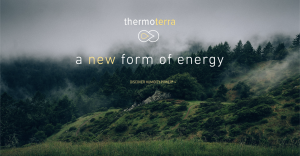

SDG 7 -ThermoTerra – A new form of sustainable Energy
Affordable and Clean Energy The green energy eco-system is familiar with renewable energies such as solar power and wind power, ThermoTerra introduces an entirely new
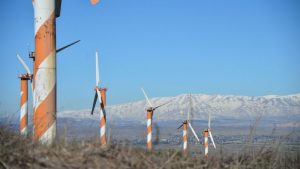

SDG 7 -The (Energy) Answer is Blowing in the Wind
Affordable and Clean Energy Going back just two years, sober reports claimed that less than 3% of Israel’s energy came from renewable sources. But the
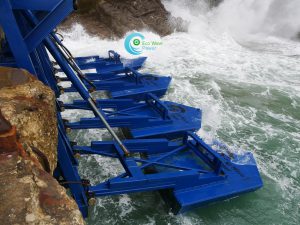

SDG 7 -Riding the Power of the Wave
Affordable and Clean Energy Inna Braverman, founder and CEO of Eco Wave Power is one of the rare breeds of female entrepreneurs who took the


















